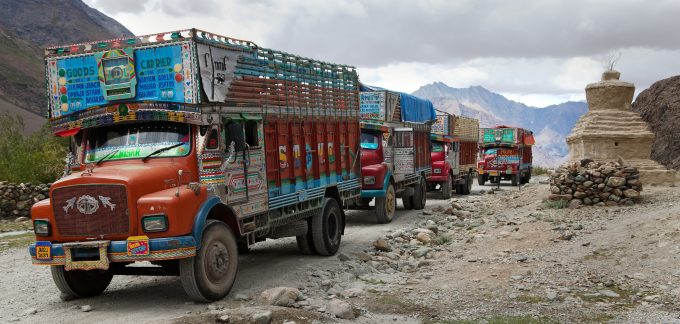DB Schenker targeting India's nascent contract logistics market
Amid growing rumours and media reports about a possible ownership change, DB Schenker is looking ...

India’s move to lift cabotage restrictions is benefiting the country’s ports and freight forwarders by boosting domestic transhipment.
According to Global Logistics Solutions India director Naveen Prakash, the decision to allow foreign-flagged vessels to carry domestic cargo between Indian ports is the “most significant announcement” for the industry this year.
Previously, coastal shipping of import/export cargo and empty containers was the exclusive purview of local carriers.
“The foreign-flagged transhipment of containers is a major boost for the movement of agricultural cargo, including fertilisers, ...
Transpacific sees first major MSC blanks as rates fall and volumes falter
'It’s healthy competition' Maersk tells forwarders bidding for same business
Opposition builds for final hearing on US plan to tax Chinese box ship calls
White House confirms automotive tariffs – 'a disaster for the industry'
New price hikes may slow ocean spot rate slide – but for how long?
Supply chain delays expected after earthquake hits Myanmar
Good start for Gemini, liner schedule reliability data reveals

Comment on this article